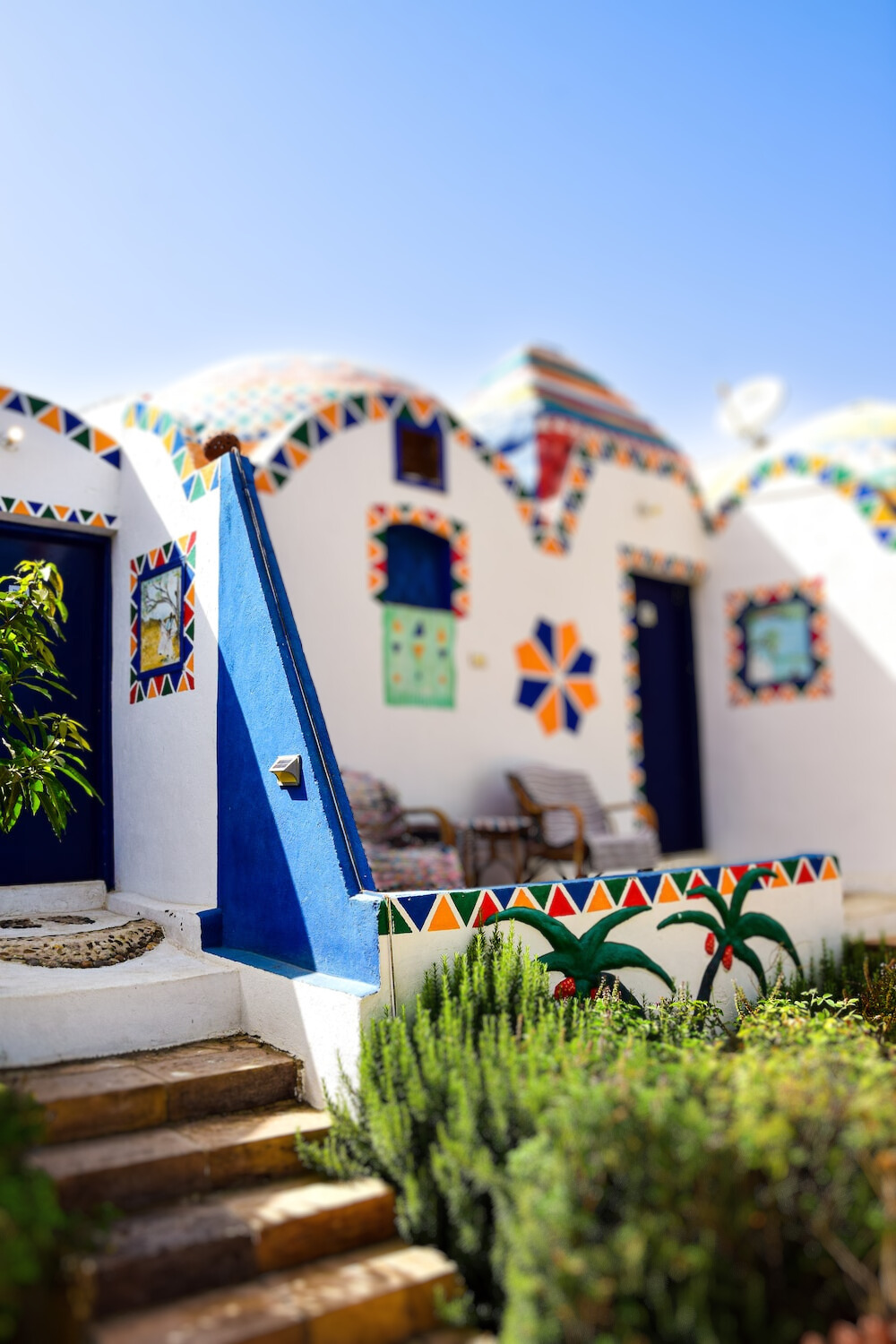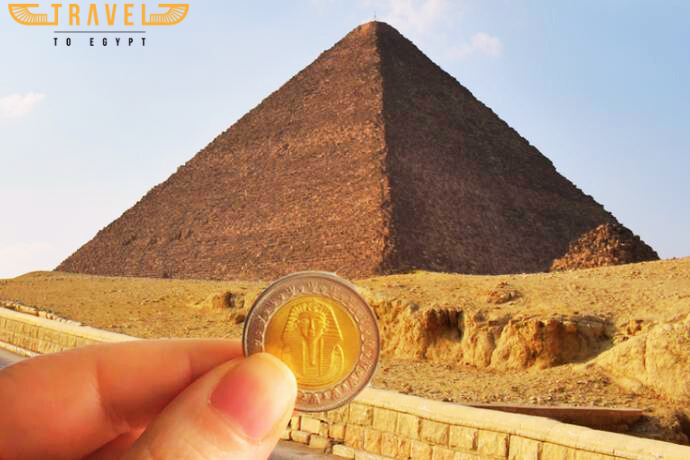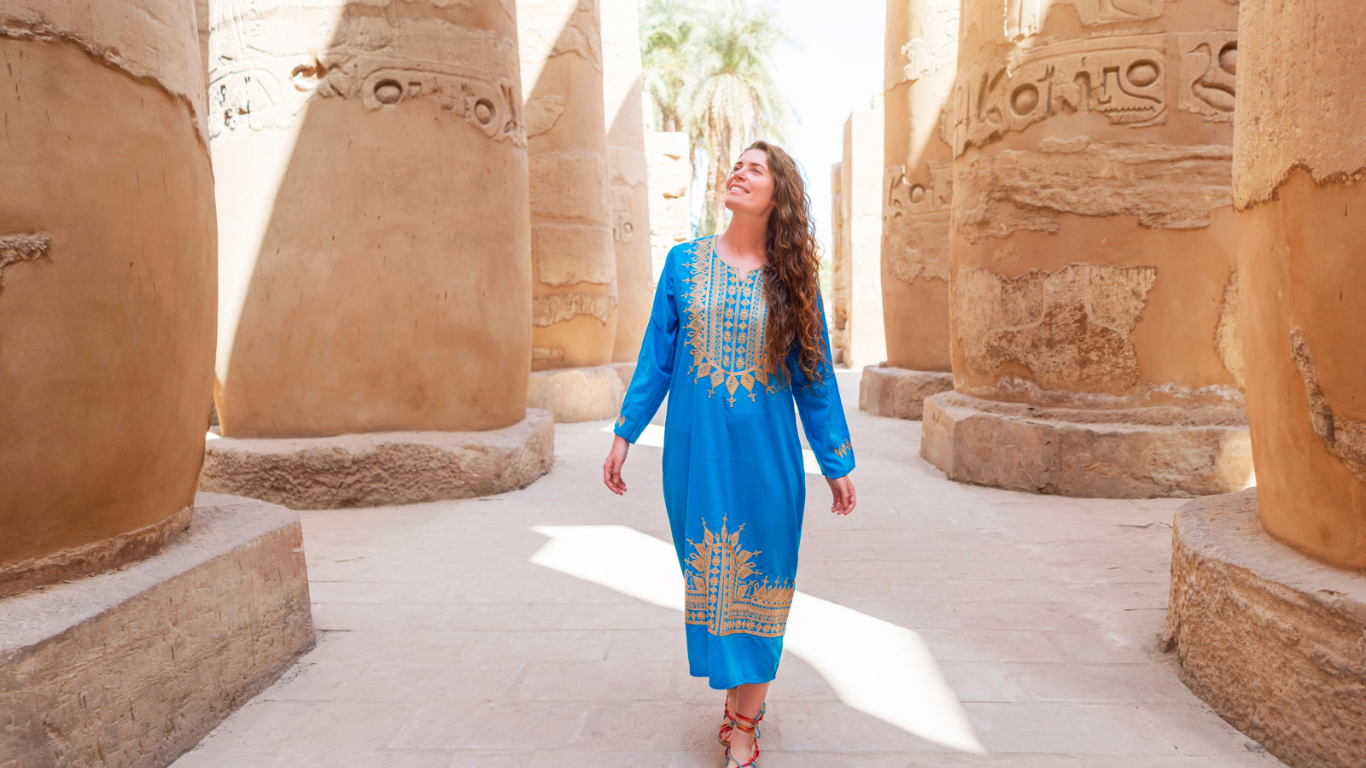- Sharouq Samir
Nubian Culture Traditions and Lifestyle
Introduction to Nubian Culture
Nubian culture is a vibrant and diverse blend of customs, practices, and beliefs that have been passed down through generations. The Nubian people have a rich history that dates back thousands of years, and their culture has been shaped by a variety of influences, from ancient Egyptian and Greek civilizations to the Islamic and Christian faiths.
Origin and History of the Nubian People
The Nubian people originated in what is now modern-day Sudan, and their civilization dates back to the 4th millennium BCE. The Nubian people were known for their advanced agricultural practices and their ability to construct large and complex structures, such as the pyramids of Meroe.
Throughout their history, the Nubian people have faced many challenges, including invasions by foreign powers and the threat of cultural assimilation. Despite these challenges, the Nubian people have managed to preserve their unique traditions and way of life.
Unique Traditions and Lifestyle of the Nubian Culture
One of the most distinctive aspects of Nubian culture is the use of henna, a plant-based dye that is used to decorate the skin. Henna is often used to create intricate patterns on the hands and feet, and it is an important part of traditional Nubian celebrations, such as weddings and religious festivals.
Another important aspect of Nubian culture is the use of music and dance. Nubian music is characterized by its use of percussion instruments and its upbeat and lively rhythms. Nubian dance is also an important part of the culture, with many traditional dances being performed at weddings and other festive occasions.
Nubian Village Life in Egypt
Nubian villages in Egypt are known for their distinctive architecture, which is characterized by the use of mud-brick and brightly colored paint. The villages are often located along the banks of the Nile River, and they have a strong connection to the natural environment.
Nubian village life revolves around agriculture and family, with many families living in close proximity to one another. The Nubian people are known for their hospitality, and visitors to the villages are often welcomed with open arms.
Famous Nubian Landmarks and Attractions
One of the most famous Nubian landmarks is the Abu Simbel temple complex, which was constructed during the reign of Pharaoh Ramesses II. The temple complex is known for its massive statues of the pharaoh, as well as its intricate carvings and hieroglyphics.
Another popular Nubian attraction is the Nubian Museum in Aswan, which showcases the history and culture of the Nubian people. The museum features a wide range of artifacts, including pottery, jewelry, and textiles, as well as exhibits on Nubian music, dance, and art.
Nubian Cuisine and Food Culture
Nubian cuisine is a blend of African, Middle Eastern, and Mediterranean flavors, with an emphasis on fresh, locally sourced ingredients. Some of the most popular Nubian dishes include ful medames, a stew made with fava beans, and kushari, a hearty mix of rice, macaroni, and lentils.
Nubian food culture is also characterized by its emphasis on hospitality and communal dining. Meals are often served family-style, with everyone sharing from a common bowl or plate.
Nubian Music, Art, and Dance
Nubian music, art, and dance are an important part of the culture, with many traditional songs and dances being passed down through generations. Nubian music is characterized by its use of percussion instruments, such as the tar and the tabla, as well as its lively and upbeat rhythms.
Nubian art is also a vibrant and colorful expression of the culture, with many artists using bright colors and intricate patterns to depict scenes from daily life. Nubian dance is another important aspect of the culture, with many traditional dances being performed at weddings and other festive occasions.
Challenges Facing Nubian Culture and Heritage Preservation Efforts
Despite the rich history and cultural heritage of the Nubian people, their culture and way of life are facing many challenges. One of the biggest threats to Nubian culture is the construction of dams and other infrastructure projects along the Nile River, which have led to the displacement of many Nubian villages.
There are also concerns about the preservation of Nubian cultural heritage, with many artifacts and historical sites being threatened by looting, development, and natural disasters.
Nubian People and their Contributions to Society
The Nubian people have made many important contributions to society, particularly in the fields of science and mathematics. Many ancient Nubian texts have been discovered that provide insight into advanced mathematical concepts, such as algebra and geometry.
Nubian scientists and scholars have also made significant contributions to the fields of astronomy, medicine, and engineering, with many of their discoveries and innovations still influencing modern science today.
Conclusion: Embracing and Celebrating Nubian Culture in Today's World
As we have seen, Nubian culture is a rich and vibrant part of human history and heritage. Despite the challenges that the Nubian people have faced over the years, their culture and traditions have endured, and continue to be an important part of modern society.
As a helpful assistant, I encourage you to learn more about Nubian culture and to celebrate its unique traditions and way of life. Whether through visiting Nubian landmarks and attractions, trying Nubian cuisine, or learning about Nubian music and dance, there are many ways to embrace and celebrate this fascinating culture
Are you ready to embark on an adventure of a lifetime? Look no further than Egypt travel packages! These packages offer a variety of options for travelers to explore the rich history and culture of Egypt. One of the most popular options is the Egypt Nile cruise, where travelers can sail down the iconic river and witness the stunning temples and ancient ruins that line its banks. With these packages, you can also visit the Great Pyramids of Giza, the Sphinx, and the Valley of the Kings. The tours are led by knowledgeable guides who will immerse you in the fascinating history of Egypt. Don't miss out on the opportunity to experience the wonders of this ancient civilization with Egypt travel packages.









